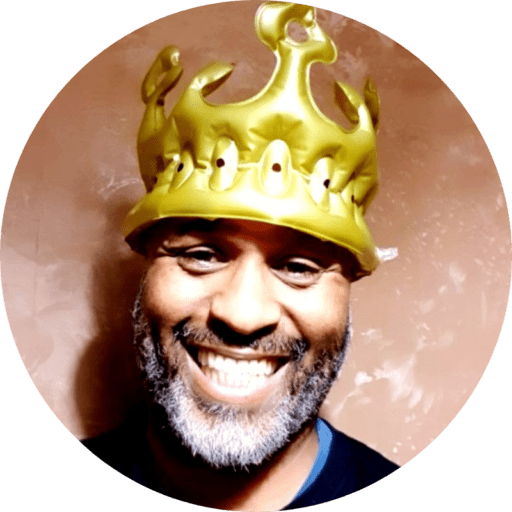An Audience for Courage
At my current client, we have a weekly Scrum Master Community of Practice meetup. This week on the agenda was an experience report proposed as the results of an experiment. So far, so good. I was sold on it – anything with experiment that didn’t involve animals and/or genitals was fine by me.
Anyway this Scrum Master tells a story that to me sounded like exercise in complicating the simple, he highlighted many deeply dysfunctional practices that exist in his team. No reviews to speak of, month long sprints, hardly any retros etc.
The assembled community members were stunned at some of the things he shared. Unfortunately I couldn’t stay for the entire thing.
I caught up with some of the members later and overwhelmingly they all said it was a tremendously courageous thing to do. To bare one’s dysfunctions to an audience one hardly knows (the community is young and memberships has not stabilised).
Agile Coaches recognise and acknowledge courage.
So today, I went to this SM and told him how much I appreciated the risk he took and that he demonstrated immense trust and openness to his peers in sharing his experience and seeking help. He was taken aback, I don’t think he expected anyone to do this. His reply convinced me that despite the monstrosity of mega-corporations, there are individuals who will rise above the pettiness of self-interest, take risks to build trust and grow sustainable communities.
He said ‘we have to start somewhere, so why not with me?‘
In many organisations, we have institutionalised what we recognise. In rewarding delivery competence, we have undervalued learning and the relationships that foster community. We have made it harder for people to be courageous and to take risks to help their teams, communities and companies grow (and I mean knowledge and goodness growth, not merely financial!).
Coaches need to be good observers of courage and be explicit in their recognition of it (if not publicly, at least privately to the individual concerned).
So I challenge you to look around your team or work colleagues and seek out the examples of courage amongst your colleagues and celebrate them in whichever way makes sense to the person. What would your organisation look like if you did this?

Leave a Reply